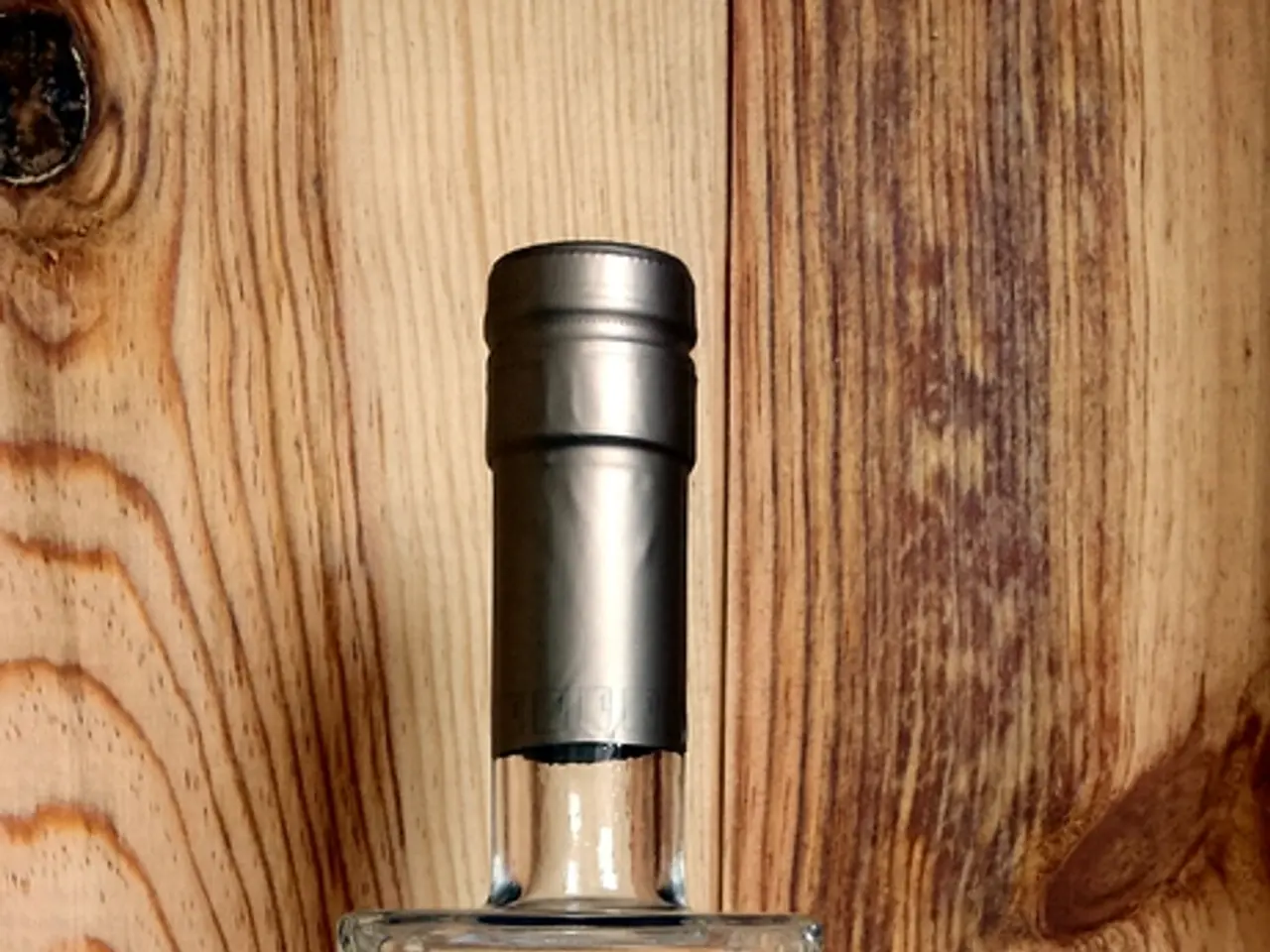Stricter regulations on driving under influence announced in Russia
Starting September 1, 2022, Russia has made significant changes to the medical examination procedure and contraindications for drivers. These updates are aimed at enhancing the reliability of the checks and ensuring road safety.
The updated list of medical contraindications for driving now includes general disorders of psychological development, such as autism, Rett syndrome, and Asperger’s syndrome. A notable change has also been made to eye diseases, with the term "achromatopsia" being replaced by the broader "color vision anomalies."
These changes are part of amendments to federal laws on road safety and personal data, enabling authorities to temporarily revoke a driver’s license upon official confirmation of a medical diagnosis incompatible with driving. The driver must then undergo treatment and rehabilitation, and if recovered, the license can be reinstated.
Unlike the previous system where medical fitness was checked every 10 years, the identification of medical contraindications is now continuous. All polyclinics must report relevant information to a centralized Ministry of Health database accessed by the State Automobile Inspectorate.
The updated medical examination procedure for determining alcohol intoxication is also in effect. The interval between two breathalyzer tests has been extended to 15-25 minutes from the previous 15-20 minutes. If the deadline for urine analysis is missed, a blood test will be required.
It's important to note that refusing to undergo the examination still results in a 45,000 ruble fine and license suspension for 1.5 to 2 years. Drivers can still contest the results in court.
The new rules apply not only to drivers but also to other cases of examination, including employees and minors. Medical institutions must store biological materials for three months and electronic mass spectrometry data for five years. There's no need to acquire new devices for the updated medical examination procedure.
The changes to the medical contraindications for driving will be in effect until September 1, 2031. The method of using breathalyzers remains unchanged.
[1] Source: Federal Law No. 355-FZ on Amendments to the Federal Law "On Road Traffic Safety" and the Federal Law "On Personal Data" (2022)
- The updated medical contraindications for driving in Russia now include a range of mental health conditions, such as autism, Rett syndrome, and Asperger’s syndrome, under the category of general disorders of psychological development.
- In the field of health and wellness, the terminology for eye diseases has been revised, with "achromatopsia" replaced by the broader term "color vision anomalies."
- The new medical examination procedure includes a focus on neurological disorders, as the identification of such conditions is now continuous and requires all polyclinics to report relevant information to a centralized Ministry of Health database.




